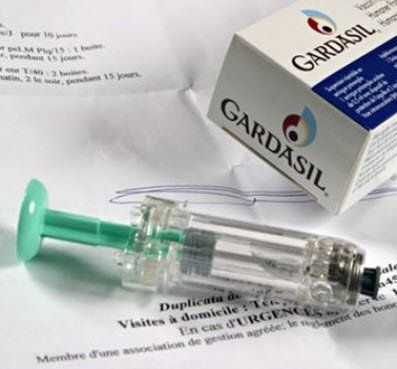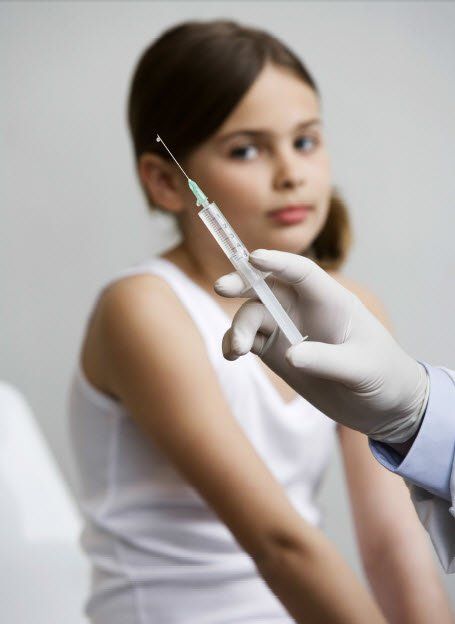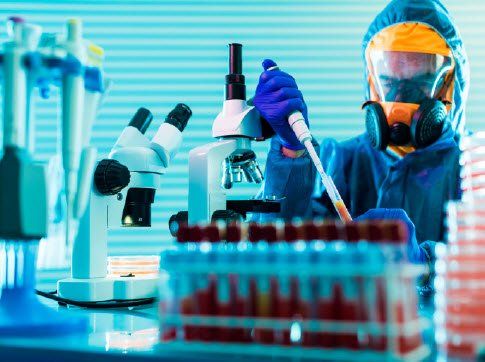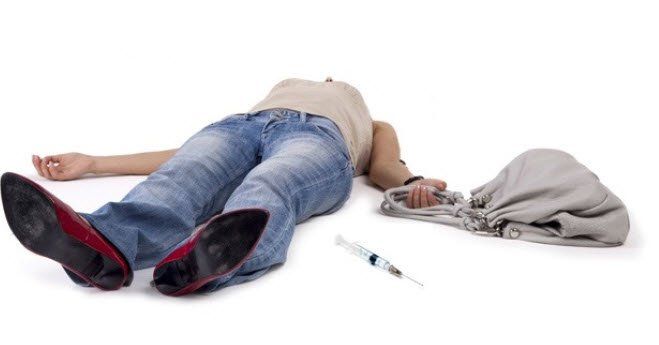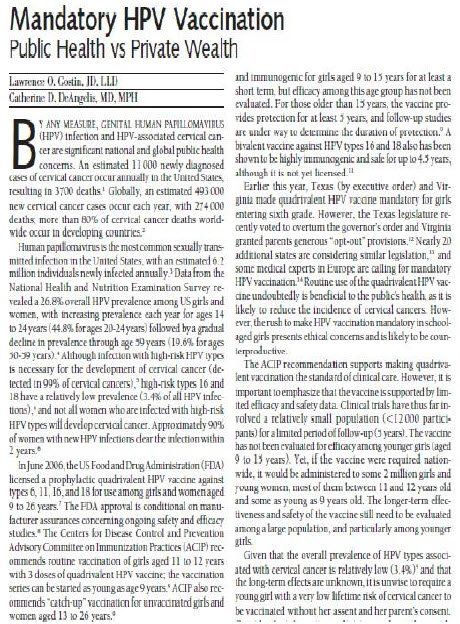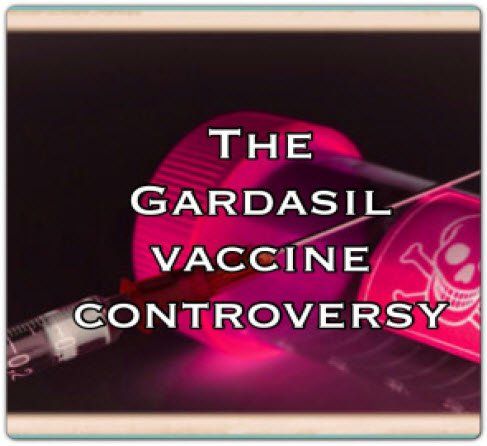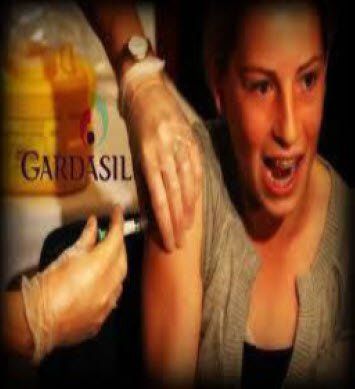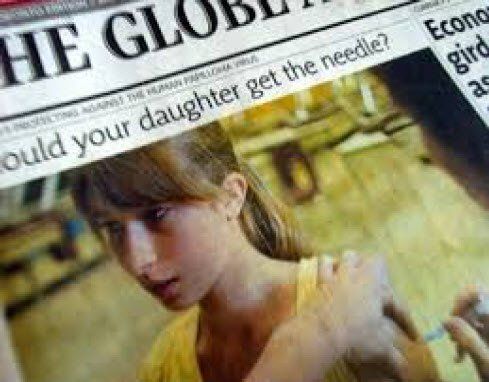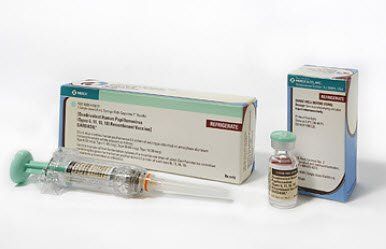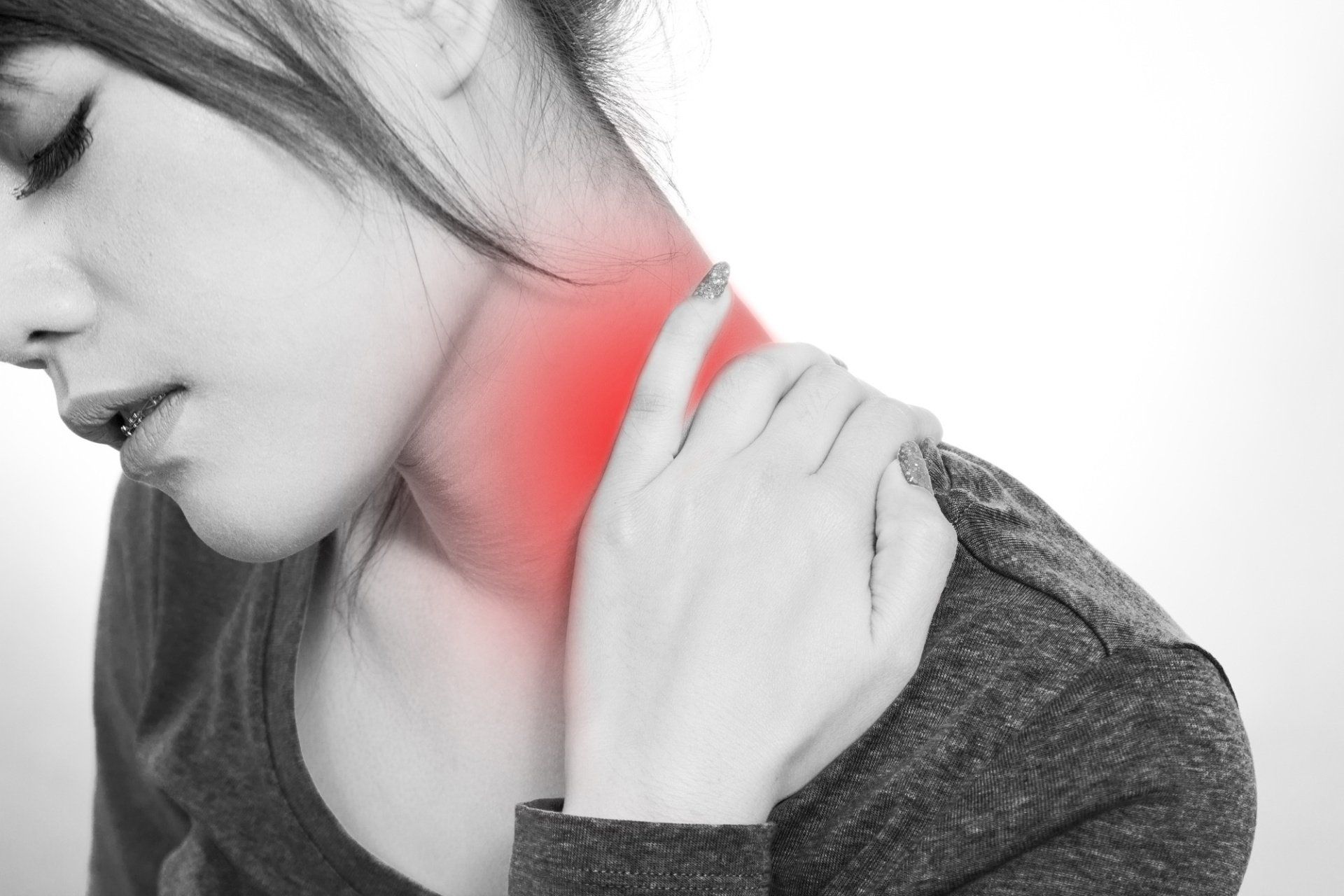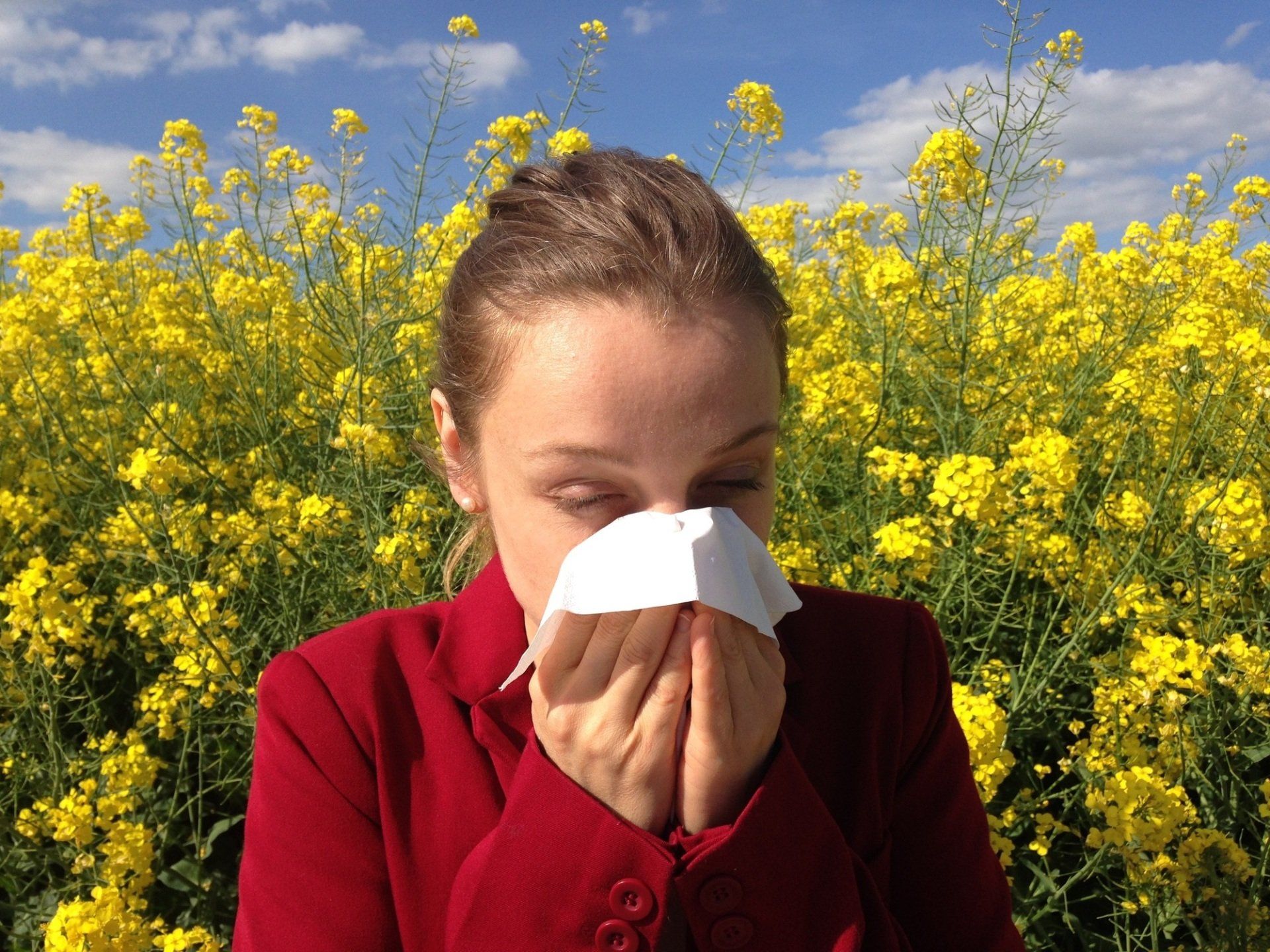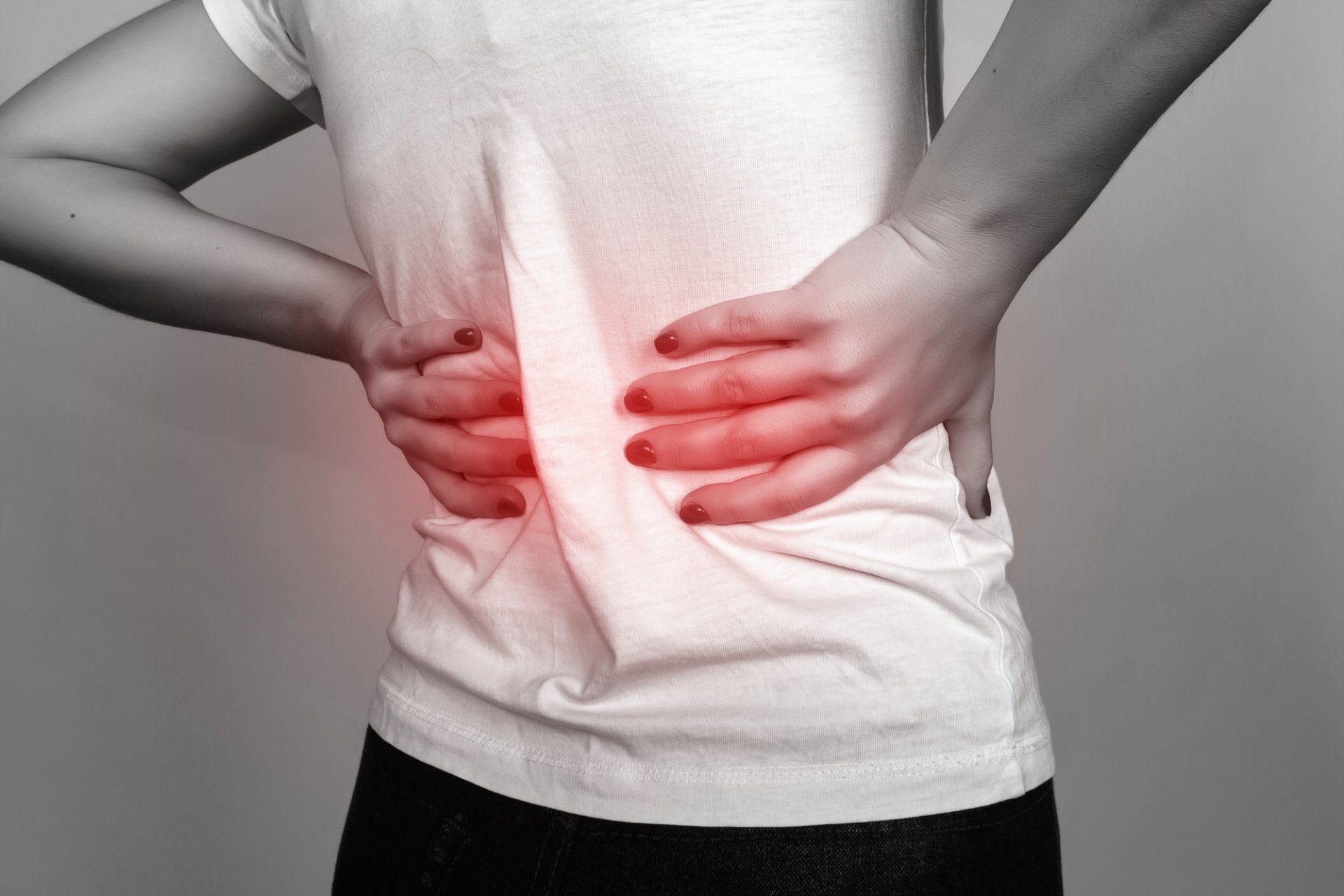The HPV Vaccine What the Research Actually Reveals
WHAT IS THE HPV VACCINE?
The HPV vaccine claims to protect against some types of the human papillomavirus (HPV) that can cause cervical cancer and genital warts. Two HPV vaccines are available: HPV4 and HPV2.
The ingredients are proteins of HPV Types 6, 11, 16, and 18, amorphous aluminum hydroxyphosphate sulfate, yeast protein, sodium chloride, L-histidine, polysorbate 80, sodium borate, and water for injection.
The Federal Advisory Committee on Immunization Practice recommends that all girls age 11 thru 12years old should get vaccinated against HPV. Health care providers may also give the vaccine to girls as young as 9 years, and to girls and women aged 13 thru 26 years who haven’t gotten the vaccine yet. One of the HPV vaccines is also licensed for boys and men ages 9 thru 26 years to prevent genital warts.
There are two licensed HPV vaccines, Gardasil®, manufactured by Merck and Cervarix®, manufactured by GlaxoSmithKline . Gardasil® was licensed for use in females, age 9-26 years in June 2006 and for males’ age 9-26 years in Oct 2009. Cervarix® was licensed for use in females age 10-25 in October 2009.
HPV has never been scientifically proven to be a pathogen for cervical cancer
The second obstacle to credibility with the HPV vaccine is that the average age for cervical cancer is 50 years. But the plan is to mandate the HPV vaccine to girls as young as
11 years of age and on certain occasions as young as 9 years of age. And the manufacturer is only claiming efficacy for 5 years.
So using their own statistics, this makes the vaccine worthless in the long run,
because by the time most females need immunity, it will have worn off long ago.
QUALITY OF THE TEST STUDIES OF HPV
The FDA allowed Merck to use a potentially reactive aluminum containing placebo as a control for most trial participants, rather than a non-reactive saline solution placebo.
Here's what is alarming
Almost 90% of Gardasil recipients and 85% of aluminum placebo recipients followed-up for safety reported one or more adverse events within 15 days of vaccination. In addition, pain and swelling at the injection site occurred in approximately 83% of Gardasil and 73% of aluminum placebo recipients. Sixty percent of those who got Gardasil or the aluminum placebo had systemic adverse events including headache, fever, nausea, dizziness, vomiting, diarrhea, and myalgia.
The point here is that there is too little long term safety and effectiveness data to recommend Gardasil for universal use, especially mandatory use
ADVERSE REACTIONS TO THE HPV VACCINE
As of September 15, 2011, approximately 40 million doses of Gardasil® were distributed in the U.S. and VAERS (Vaccine Adverse Event Reporting System) received a total of 20,096 reports of adverse events following Gardasil® vaccination: 19,075 reports among females and 569 reports for males, of which 504 reports were received after the vaccine was licensed for males in October 2009. VAERS received 452 reports of unknown gender.
As of September 15, 2011, there have been a total 71 VAERS reports of death among those who have received Gardasil®. There were 57 reports among females, 3 were among males, and 11 were reports of unknown gender or clustering to the deaths that would suggest that they were caused by the vaccine and some reports indicated a cause of death unrelated to vaccination.
Since licensed in October 2009, uptake of Cervarix® vaccination in the U.S. has been very low. As of September 2011, there have been 52 VAERS reports of adverse events following Cervarix®vaccination in the U.S.
It is important to note historically only a fraction of adverse events involving vaccines ever get reported and the longer the time between the administration of the vaccine and the adverse event occurring, the less likely it will be attributed to the initial administration. This means that the vast majority of damages caused by vaccines like HPV are never reported.
Even the Journal of the American Medical Association, normally a staunch defender of vaccines, has voiced its concern about a mandatory HPV vaccine.
The AMA Journal of American Medicine (JAMA) warns Legislators about mandatory HPV vaccine:
“Merck has demonstrated that they are more than willing to gamble our children’s health on an unproven vaccine in return for immense profits. This magnitude of evil is rare, even for a drug company.”
Dr. Julian Whitaker
Australian Immunization Council

